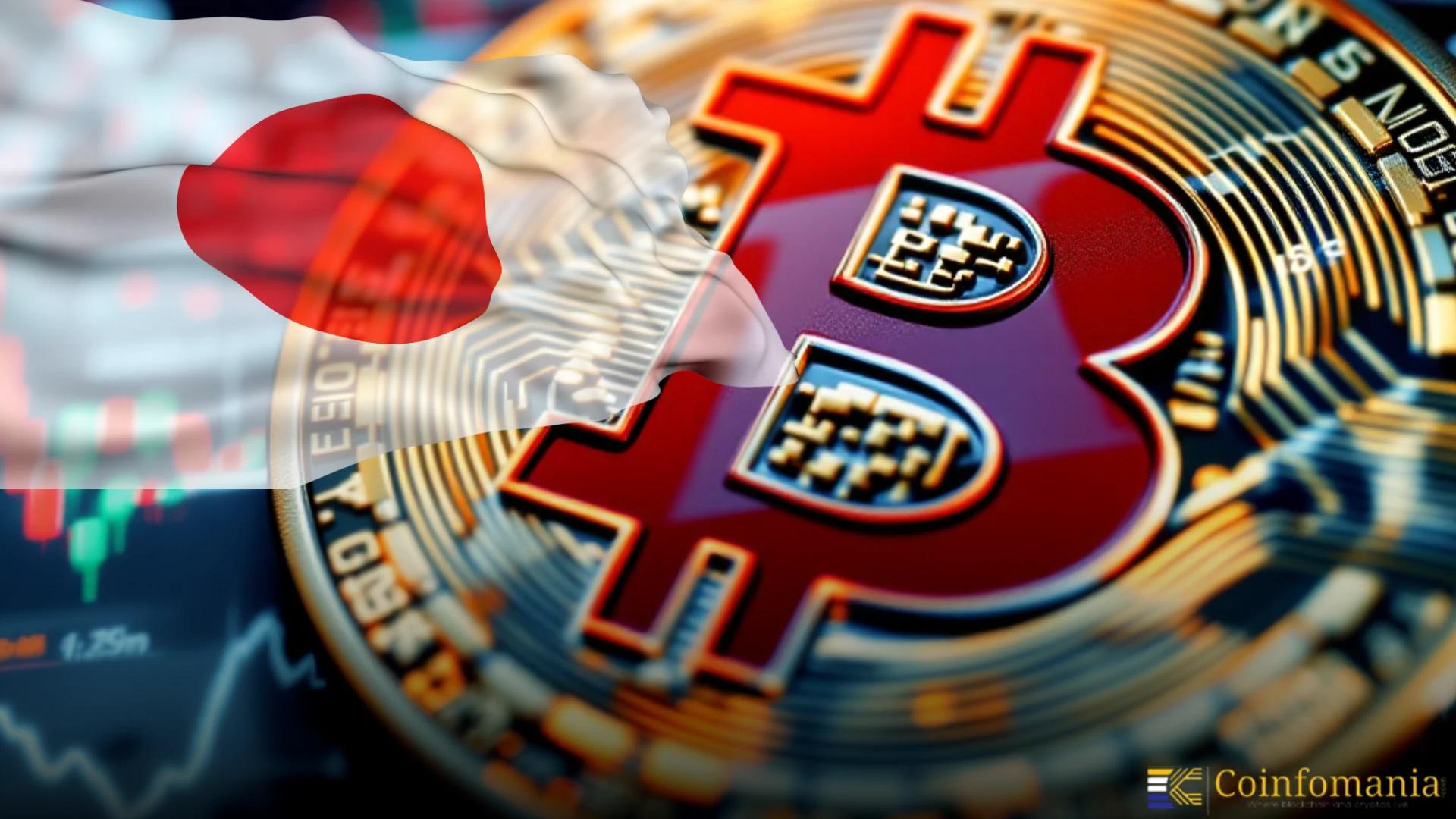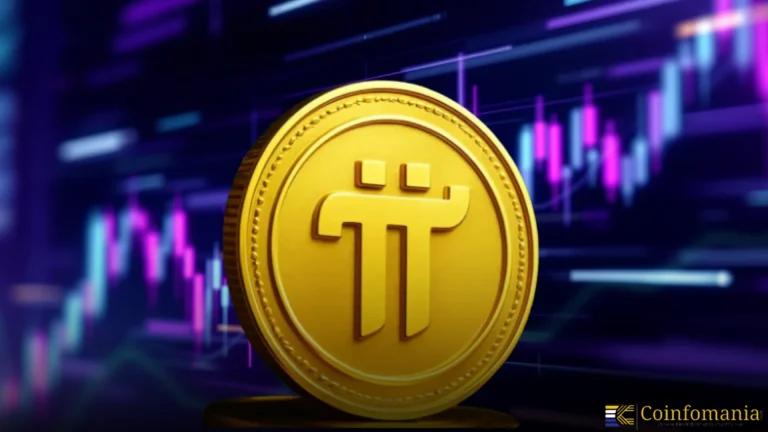Japan Opens the Door for Banks to Hold Crypto While Banning Insider Trading
Let’s uncover Japan’s new crypto regulation that allows banks to hold cryptocurrency while banning crypto insider trading.

Quick Take
Summary is AI generated, newsroom reviewed.
Japan now allows banks to hold cryptocurrencies such as Bitcoin under new financial regulations.
A strict ban on crypto insider trading has been introduced to ensure transparency and fairness.
The move aims to balance innovation with investor protection through strong regulatory oversight.
Japan’s progressive crypto regulation could inspire similar frameworks in other global economies.
Japan has made an important decision in its financial evolution with a policy change. This will allow banks to hold cryptocurrencies like Bitcoin. This a major step from the Financial Services Agency (FSA) to bridge the gap between the country’s traditional finance and digital assets. In addition to this policy change, Japan is also banning crypto insider trading with the intention of establishing fairness and transparency within the digital markets.
This is an important development for Japan’s financial system. This has been careful with exposure to crypto markets in the past. The introduction of the policy allowing banks to hold cryptocurrency is intended to increase innovation while still having the ability to regulate as needed.
At the same time, the ban on crypto insider trading shows the government will not tolerate market manipulation and will be working to promote trust with investors. This signals that Japan is open to engaging with technology appropriately while governing the integrity of the financial markets clearly.
Japan will allow banks to acquire and hold cryptocurrencies such as Bitcoin while banning crypto insider trading. pic.twitter.com/AhBMphEDQs
— Current Report (@Currentreport1) October 21, 2025
Why Japan Wants Banks to Hold Cryptocurrencies
For many years, Japanese banks have been restricted from owning or trading cryptocurrencies due to fears of volatility and security concerns. Now, the FSA thinks that banks will be able to safely manage digital assets just like they do with any other financial instrument.
With banks being able to custody cryptocurrencies, digital finance can be integrated smoothly and safely into Japan’s main economy. Banks will be able to custody crypto, provide clients with trading opportunities, and participate in blockchain innovation. This reform should improve institutional trust and provide deeper liquidity for assets in Japan’s crypto market, which already has one of the most active retail user bases on the planet.
How the Ban on Crypto Insider Trading Will Work
The FSA’s new regulations establish clear rules on crypto insider trading. It is a problem that has affected illicit unregulated exchanges around the world. Anyone who uses non-public information related to crypto for their financial benefit will face sanctions equivalent to those imposed in traditional markets such as stocks and bonds.
The enforcement of these rules seeks to improve trading practice, reduce the risks posed to retail trader investors, and maintain level playing fields in Japan’s digital asset markets. The Securities and Exchange Surveillance Commission (SESC) will oversee suspicious trading activities. And also implement sanction regimes, and investigate individuals who have engaged in insider trading.
Impact of Japan’s Crypto Regulation on the Financial Sector
The intermixing of permitting banks to hold cryptocurrencies, while simultaneously forbidding crypto insider trading, allows for a regulatory infrastructure that allows for innovation and protection. To banks, this may result in an expansion into a new asset class that may appeal to younger, tech-savvy clients. To investors, it may provide safer, credible avenues to participate in digital finance through institutions with which they already have a trusted relationship.
However, this evolution must come with accountability. Banks must develop sound risk management systems, secure custody arrangements and robust compliance policies. Regulators will require transparency, audits and capital adequacy standards to maintain an orderly market.
Final Outlook
By permitting banks to hold cryptocurrencies, while banning insider trading in crypto assets, Japan has acted mindfully of innovation and regulation. It opens a new pathway for innovation in the financial sector, creates confidence for investors, and illustrates Japan’s desire to amplify its credibility and viability of its crypto ecosystem.
Banks are now venturing into this fast-growing space. The ongoing world will be watching and examining on how much Japan safeguards this continued integrated together. If the policy is successful, it will grow digital finance and develop a new framework for innovation which prioritizes transparency, inclusiveness, and responsible innovation.
Follow us on Google News
Get the latest crypto insights and updates.


